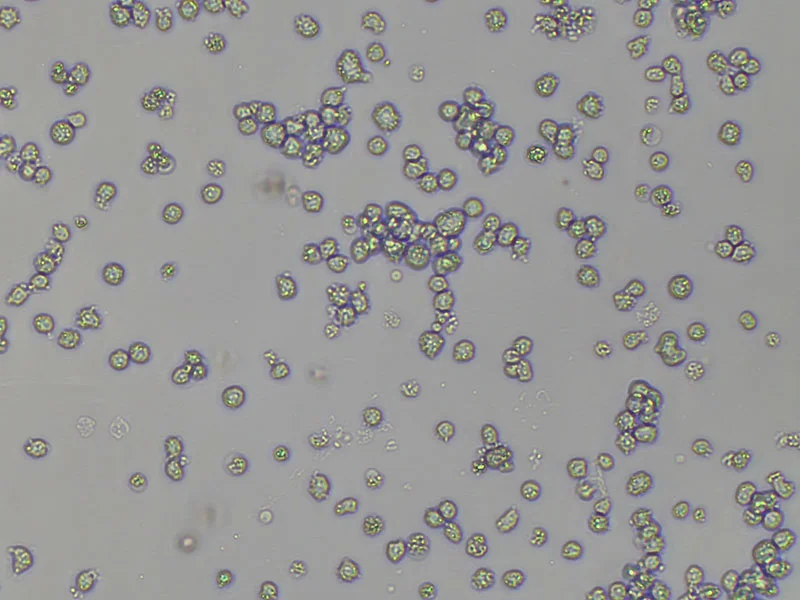-
Happy Holidays from AcceGen! Orders placed during Dec 22–Jan 2 will be processed and shipped after operations resume. Please plan ahead.
Featured Products
- In-Stock Tumor Cell Lines
- Human Orbital Fibroblasts
- Human Microglia
- Human Pulmonary Alveolar Epithelial Cells
- Human Colonic Fibroblasts
- Human Type II Alveolar Epithelial Cells
- Human Valvular Interstitial Cells
- Human Thyroid Epithelial Cells
- C57BL/6 Mouse Dermal Fibroblasts
- Human Alveolar Macrophages
- Human Dermal Fibroblasts, Adult
- Human Lung Fibroblasts, Adult
- Human Retinal Muller Cells
- Human Articular Chondrocytes
- Human Retinal Pigment Epithelial Cells
- Human Pancreatic Islets of Langerhans Cells
- Human Kidney Podocyte Cells
- Human Renal Proximal Tubule Cells
Primary Cells
Explore Products





 M-07e cells provide a valuable model for studying AML M7, investigating its mechanisms and potential therapies. Additionally, M-07e cells are used to explore megakaryocytopoiesis and thrombopoiesis, particularly in relation to the effect of Thrombopoietin (TPO) on platelet production. Moreover, these cells contribute to understanding how cytokines impact cell proliferation, including studying the biochemical properties of interleukin receptors and post-ligand signaling pathways. Overall, M-07e cells contribute to research on AML M7, the role of TPO in megakaryocytopoiesis, and the effects of cytokines on cell growth and signaling pathways.
M-07e cells provide a valuable model for studying AML M7, investigating its mechanisms and potential therapies. Additionally, M-07e cells are used to explore megakaryocytopoiesis and thrombopoiesis, particularly in relation to the effect of Thrombopoietin (TPO) on platelet production. Moreover, these cells contribute to understanding how cytokines impact cell proliferation, including studying the biochemical properties of interleukin receptors and post-ligand signaling pathways. Overall, M-07e cells contribute to research on AML M7, the role of TPO in megakaryocytopoiesis, and the effects of cytokines on cell growth and signaling pathways.